Tran Vuong Mai Khanh (born in 2003) started playing chess at the age of 6, when her father took her past a chess class. Seeing her attentive and curious, Khanh's father let her try playing. Unexpectedly, after only a short time, she made rapid progress. After a while, Khanh started participating in her first tournament and won a medal.
Since then, Khanh has continued to receive achievements with hundreds of medals at tournaments from domestic to international, notably the Silver Medal at the U8 World Youth Chess Championship in 2011.

However, while being one of the most promising chess players, Mai Khanh chose to play less chess to focus on studying.
“At that time, I thought studying should still be the top priority, and playing chess was just to satisfy my passion. But thanks to playing chess, I was able to practice strategic thinking, discipline and courage – the foundation for me to pursue a research career later on,” Khanh said.
From young chess player to chemistry student
In grade 12, Mai Khanh passed the entrance exam to the Literature class at Le Hong Phong High School for the Gifted (HCMC). However, the female student had a special love for Chemistry. Having a father who is a Chemistry engineer, Khanh often heard him talk about life issues related to chemistry. His father also encouraged Khanh to try to start researching on topics that interested her.
Therefore, in grade 11, Khanh decided to carry out a project using propolis extract - green tea leaves to replace food wrap to reduce plastic waste. At that time, Khanh also went to bee farms to collect propolis and surveyed the antibacterial properties of propolis through experiments conducted at the University of Natural Sciences .
This project later won the school-level scientific research encouragement prize and became the turning point that made Khanh determined to pursue Chemistry.
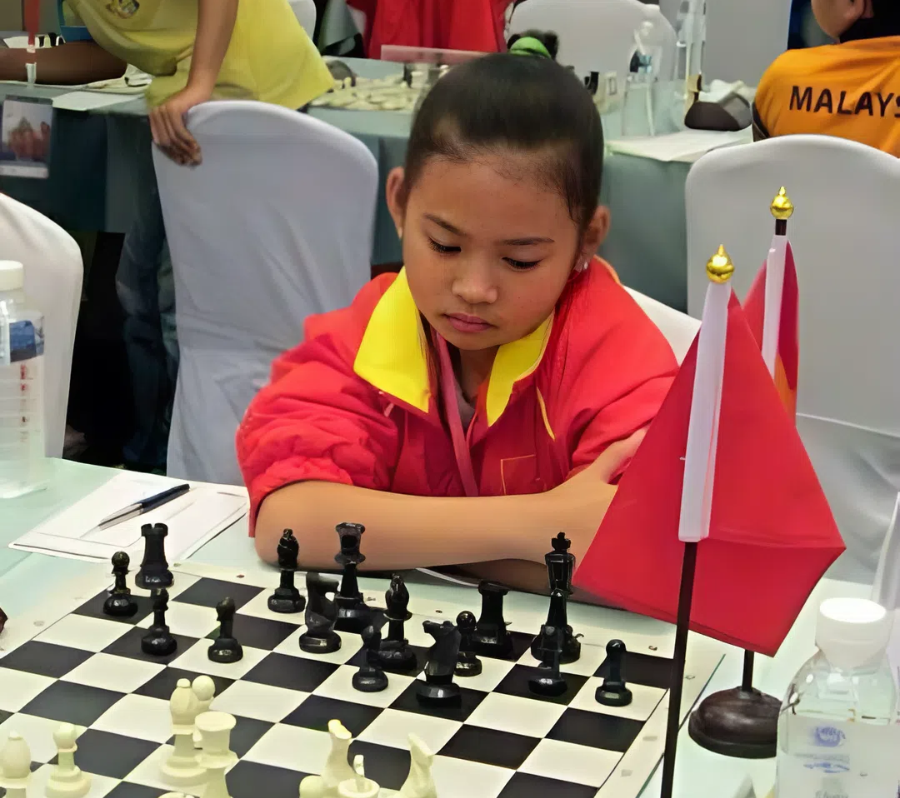
Although studying in a Literature major, Khanh chose block B for the university entrance exam and was admitted to the Chemical Engineering major at the University of Technology – Ho Chi Minh City National University. The female student studied in a joint program between this school and the University of Adelaide (Australia). Here, students spend the first 2 years studying in the country and the last 2 years transferring to study at a partner school.
“When entering university, because you have been exposed to a lot of Chemistry before, you have a better foundation. To keep up with your friends, I also had to study a lot on my own to fill the gap,” Khanh said.
During her four years at university, the most difficult time for Khanh was the transition to studying in Australia. Semester 1 here starts in February, while in Vietnam it starts in September. In the beginning, because she studied slower than her classmates, the female student always felt "left behind".
“To catch up with my studies, on days when I didn’t have to go to school, I often sat in the library studying for 10 hours straight, until 10 p.m. at night,” Khanh recalls.
Thanks to that effort, after the first semester, everything gradually got on track. From there, Khanh started to do research. Khanh applied to join a school laboratory and had the opportunity to carry out some specific projects.
In 2023, the female student participated in a project to manufacture large-scale zinc-ion batteries (ZIBs) for applications in solar energy systems and wearable devices. Immediately after completion, Khanh continued to participate in another 8-month project, focusing on designing a recycling process for lithium-ion batteries from mobile electronic devices.
Before graduating, the female student also completed a project on developing a process to recover metals from used electric vehicle batteries using hydrometallurgy with environmentally friendly solvents.
This topic is also Khanh's graduation project. "Because this is a new direction, I had to learn a lot, from synthesizing solvents to optimizing metal separation conditions. The results show that the method has high potential for further research and application," Khanh said.
Win a full PhD scholarship before graduating
The research process also made Khanh realize that he was interested in recycling solar batteries - a clean energy source but one that can cause environmental pollution if not handled properly.
Realizing the importance and urgency of recycling solar panels - both solving waste, utilizing resources, and being economically beneficial, Khanh decided to pursue research on extracting and recovering valuable materials from expired solar panels, using safe, low-cost solvents.
Thanks to his clear direction and early initiative, Khanh decided to continue his doctoral studies right after completing his bachelor's program. With a First Class Honours degree in Chemical Engineering at the University of Adelaide, Khanh was eligible for admission to the doctoral program.
The Vietnamese female student proactively sought and contacted a professor who had the same research direction as she wanted to pursue, and at the same time focused on completing her profile with many projects related to solar battery recycling research.
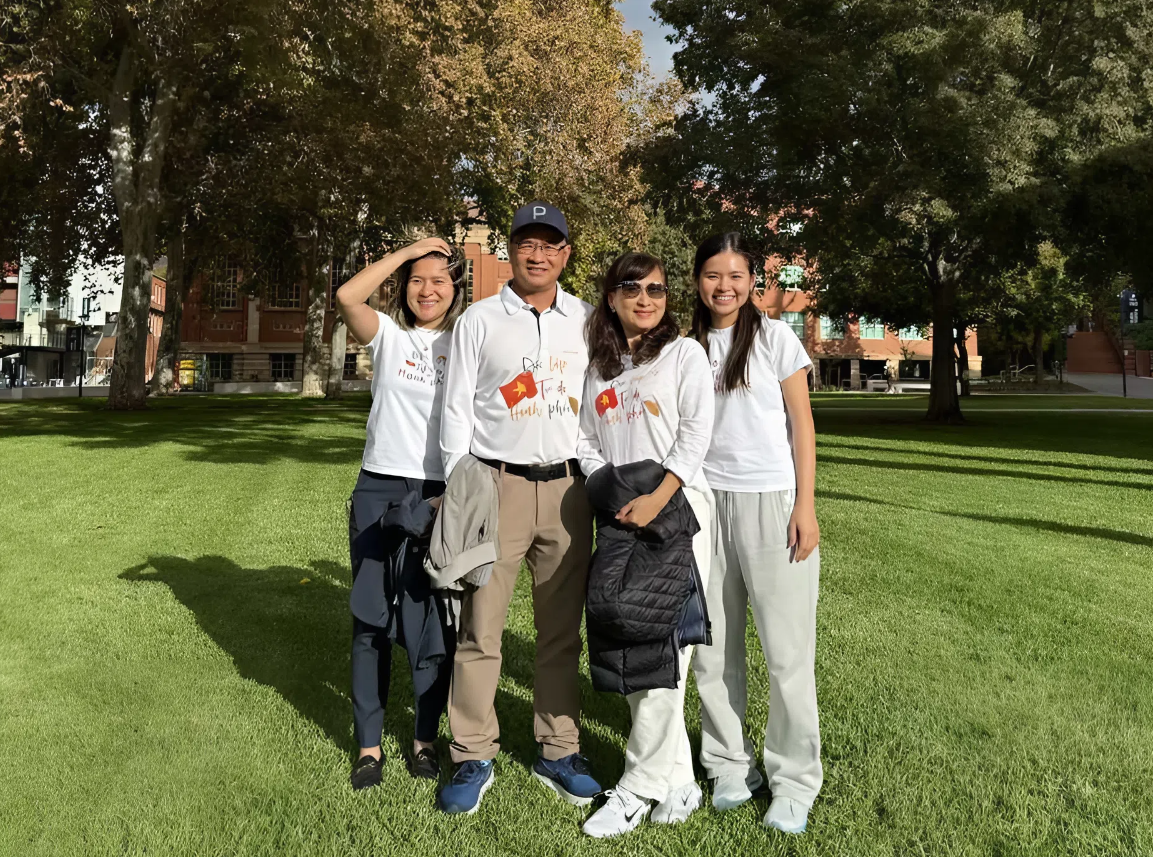
On July 31, Mai Khanh officially received the news that she was accepted into the PhD program with a full scholarship and living expenses worth 40,000 AUD/year at the University of Adelaide - the highest level for international students. This is one of the top 8 universities in Australia, a pioneer in research on materials, clean energy and sustainable development.
“I am very happy that my efforts are recognized. Before, I never thought I would pursue a research career. But the more I do, the more I realize that this is the path I want to pursue,” Khanh said.
In the near future, the Vietnamese female student hopes to contribute to creating a solar battery recycling process that can be applied in practice, both effectively exploiting economic benefits and helping to protect the environment.
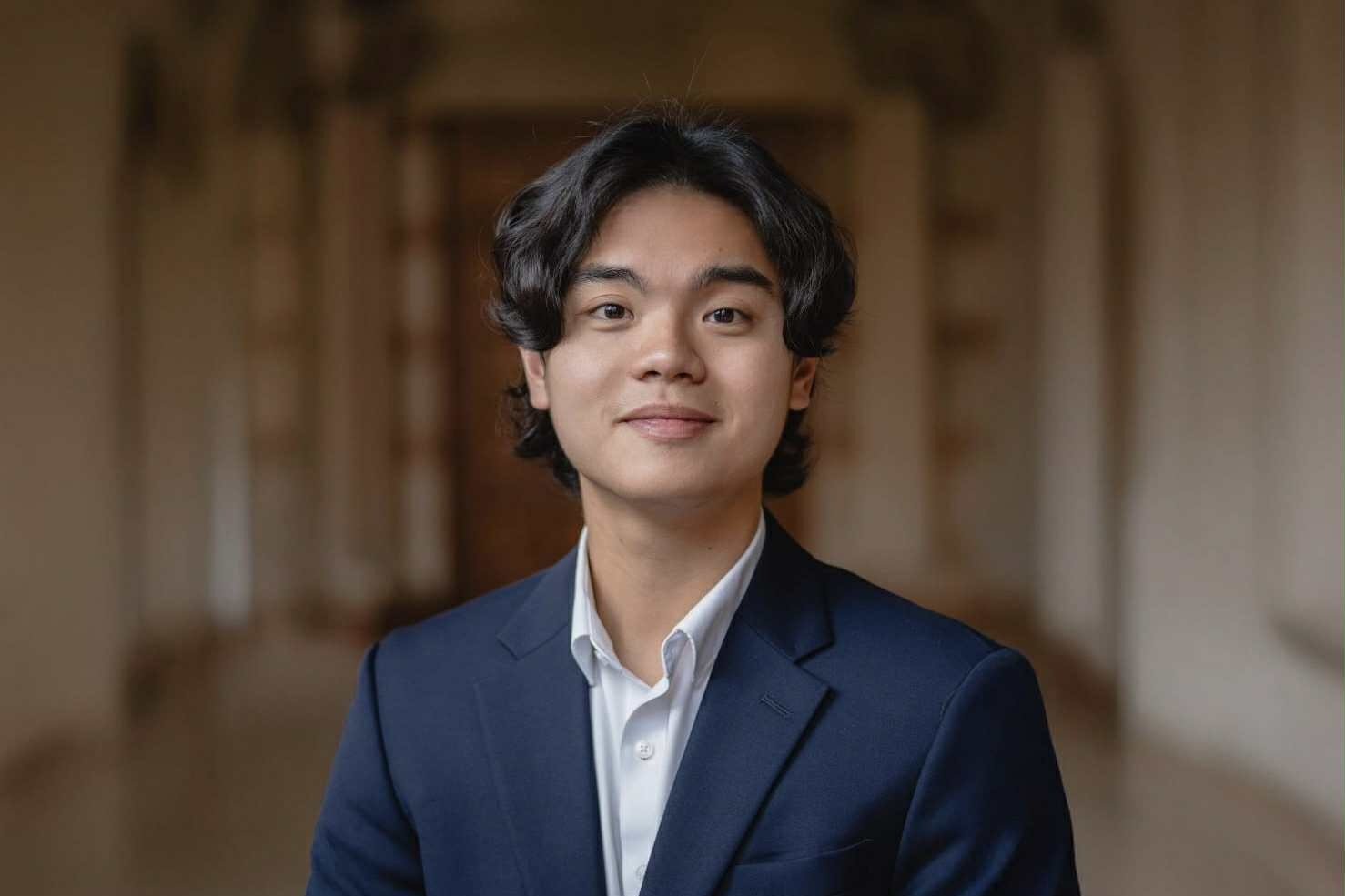
Source: https://vietnamnet.vn/ky-thu-gianh-hoc-bong-toan-phan-tien-si-truoc-khi-tot-nghiep-dai-hoc-2428096.html








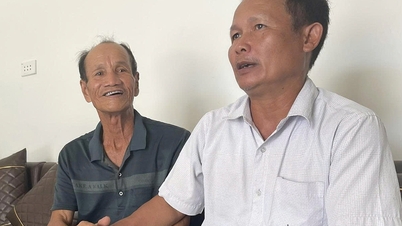


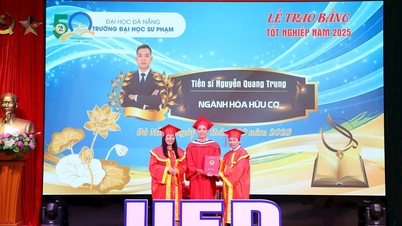

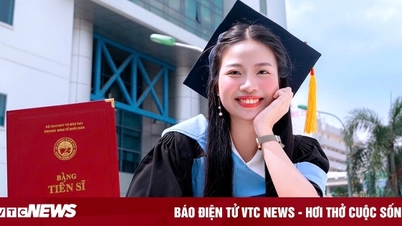

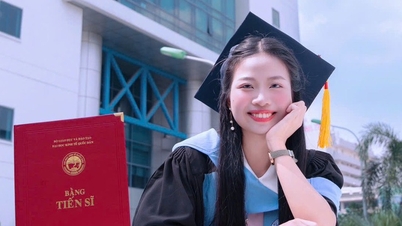

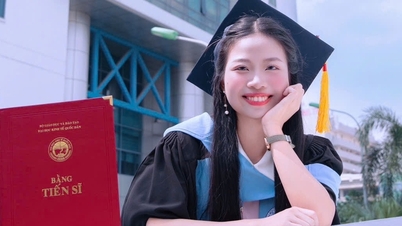


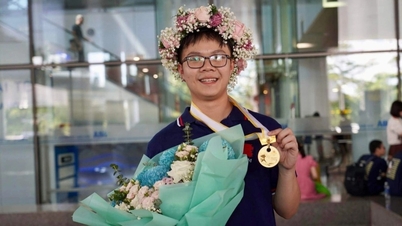

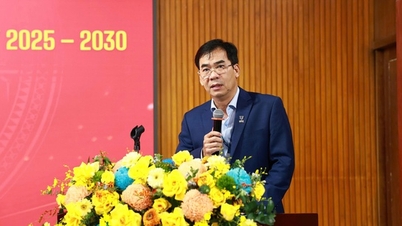

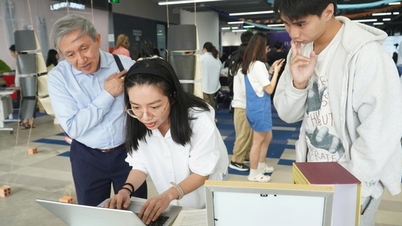
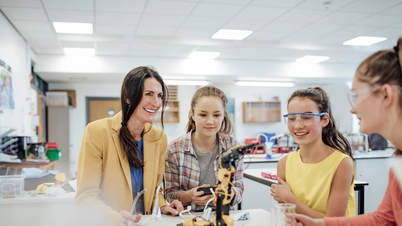
















![[Video] Hue Monuments reopen to welcome visitors](https://vphoto.vietnam.vn/thumb/402x226/vietnam/resource/IMAGE/2025/11/05/1762301089171_dung01-05-43-09still013-jpg.webp)




























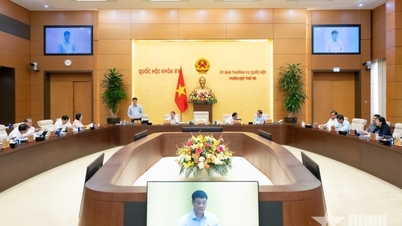













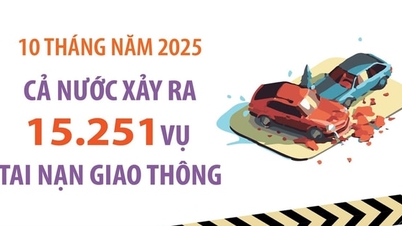

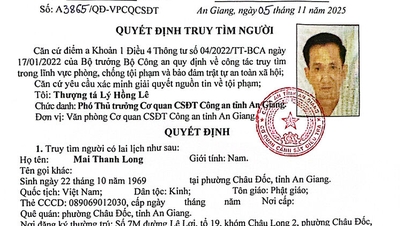





















Comment (0)